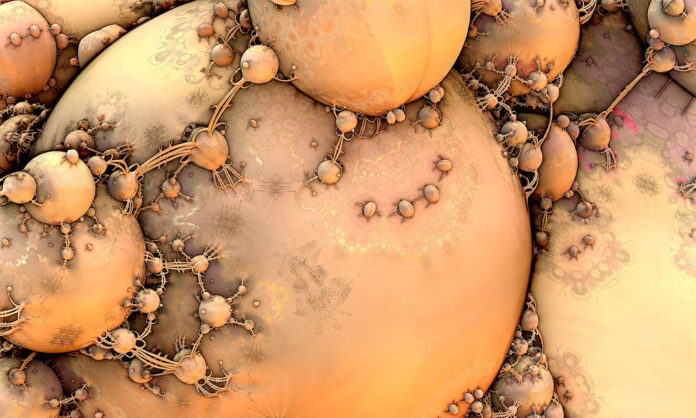
In a post on Writer Unboxed, Donald Maass examines how your novel can create a microcosm of the real world. “I am pretty sure that you think of the setting of your WIP as a microcosm, but will I feel that way when I read it?” he asks. “Sorry to report, in too many manuscripts—most, to be honest—I do not experience the microcosm effect.”
Some settings or environments lend themselves to this effect: high school, the military, prison, Congress, the Love Boat. This can also be true to historic events or eras–D-Day, the Victorian era–and fantasy locations–Shangri-La, Narnia. “However, the truth is that the hometown settings of most hometown manuscripts do not feel like much of anywhere,” Maass says. The problem is that environments are flat, generic.
Maass identifies some elements you need to master to create the microcosm effect:
- The Human Carnival. “What’s different about people is not only entertaining, but causes us to reflect,” Maass writes. “The greater the human variety, the more we feel kinship.” To create a microcosm, Maass recommends further developing your side characters and letting them surprise your reader. “For the microcosm effect to take hold, there has to be a range of human types,” he says. That doesn’t mean you need to rely on stereotypes to make your characters unique. But you can give them each an interesting history.
- Role it Out. In the real world, people have parts to play: teacher, policeman, artist, politician. But there are other, unofficial roles that are just as interesting–busybody, local historian, civic booster, barfly, police band monitor, would-be beauty queen, local sports legend, PTA mom, unindicted criminal, girl next door, everyone’s grandma. “Every town has unique characters,” Maass writes. “Every city has strange public figures. Every nation has horrific heroes and hidden saints. Every story can too.”
- People Do the Strangest (and Most Wonderful) Things. “People are not just who they are but what they do, and sorry to say it but in a whole lot of manuscripts the people don’t do all that much that you or I couldn’t do on any given day,” Maass says. Give some of your characters something big to do. Maass suggests some of your characters might marry too well, adopt a weird fetish, go back to school, turn the tables on someone, take a big risk, or give away secrets. “Without drama there is just ordinary life and who needs to read a novel for that?” Maass says. Outrageous behavior isn’t just for comedy, it’s what makes us pay attention and see that story people come from our planet.”











